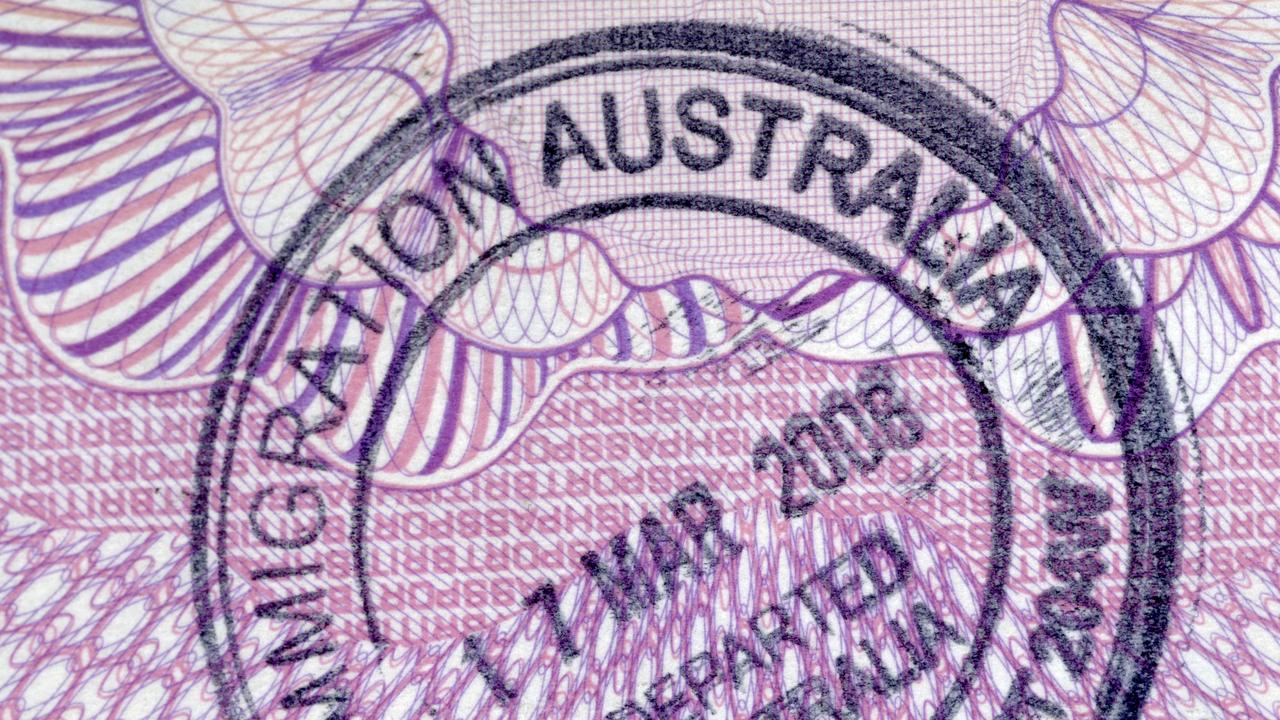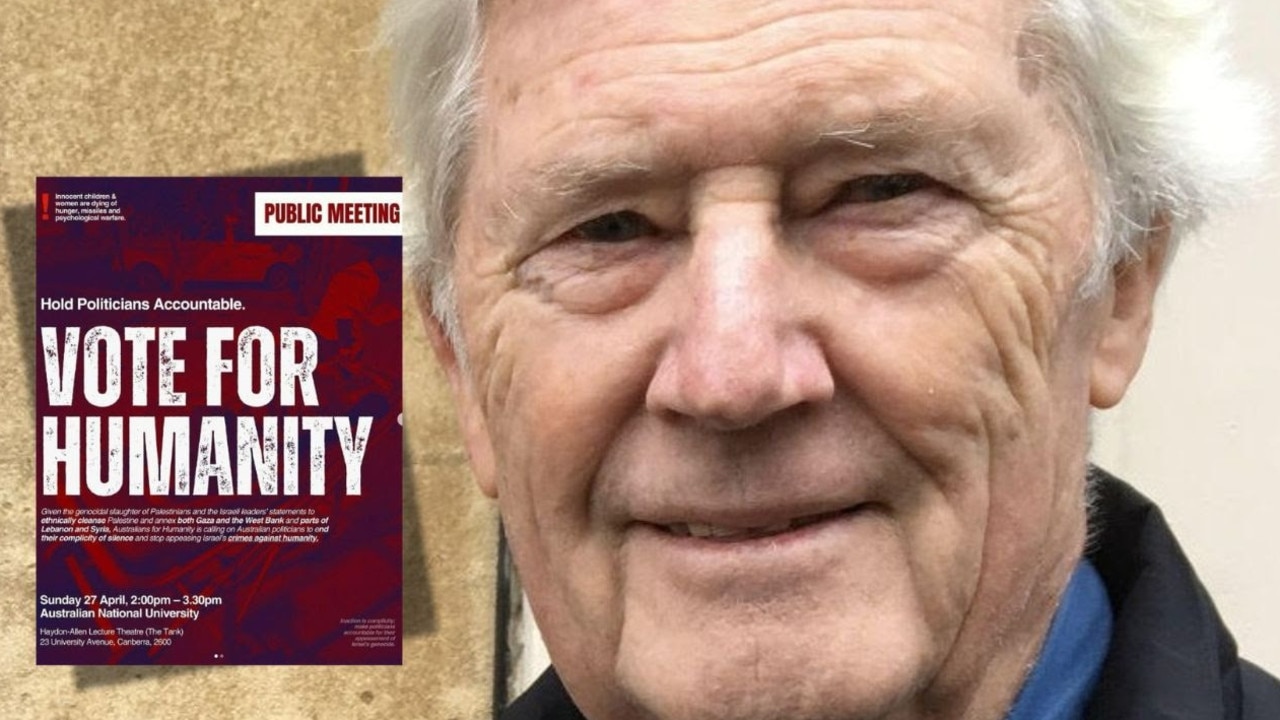Coronavirus: Virus stalls study abroad program

Unfortunately, the advent of the coronavirus has suddenly curtailed a whole range of these academic credit-bearing student mobility programs. This will have a negative impact not only on students’ academic progress, but also their intercultural competency. It might even derail some hard-won partnerships with education institutions and corporations in our neighbouring region.
Post-World War II, the US was keen to export its democratic principles to the global community. One outcome of this campaign was the establishment of what is known today as the American Study Abroad Program. The concept was breathtakingly simple and involved providing incentives for American undergraduates (usually in their junior year) to spend one semester studying at an overseas university or college.
Similarly, the creation of the Erasmus learning abroad program in the 1980s provided the impetus for European undergraduates to undertake studies beyond their national borders.
By contrast, Australia was a relative latecomer to structured student mobility. On the one hand, we were happy for individual students to “better” their education in the Oxbridge-style universities of the “mother country”, Britain. Whether by gaining a surgical competency qualification or a pianoforte certificate, we were content to kowtow to a greater power. On the other hand, successive Australian governments did not regard our own Indo-Pacific region as providing appropriate options for study abroad.
In equal measure, generations of young Australians enthusiastically holidayed in Bali, yet baulked at the idea of studying an Asian language or culture.
Fast-forward to today and we are a far more globally connected nation. Our young people see global citizenship attributes as a goal worth pursuing. Both our secondary and post-secondary education institutions actively encourage their students to sign up for offshore exchange programs.
It is only in the past decade, however, that our universities have embraced and, in many cases, underwritten large-scale structured academic credit bearing learning abroad.
Over this same period, we have also had the first government-funded upscaling of student mobility through the New Colombo Plan program founded by Julie Bishop while foreign minister.
The NCP now accounts for one-third of all Australian higher education learning abroad students. Last year, the program supported 788 separate projects involving 11,535 short-term mobility undergraduate students. A further 125 individual minimum semester-length scholarships were awarded.
Crucially, India, Indonesia and China make up the top three NCP study destination countries. The soft-power impact of the program was even highlighted in Chinese President Xi Jinping’s address to our federal parliament.
International education stakeholders have been pleasantly surprised by the manner in which our education institutions, governments and students have embraced the concept of a study abroad experience. Within a generation, we have almost caught up with the scale of our American and European counterpart programs.
The advent of the coronavirus could well stall the momentum that many have worked so hard to achieve.
Unfortunately, the NCP 2020 program appears to be one of the first academic casualties of the virus. With our universities rightly giving priority to health issues, all staff travel overseas has been cancelled. But, as with most student mobility programs, the NCP relies on university teaching staff to accompany and project-supervise its student awardees. In the absence of staff supervisors, there is no one available to ensure a successful academic outcome.
While our Department of Foreign Affairs and Trade is conscientiously working with universities to defer some cohort start dates, there will be many students who will be adversely affected.
Some students will now need to find replacement make-up units of study and other final-year students will miss out entirely on a study abroad experience.
A key feature of both the NCP and our education institutions’ own learning abroad initiatives has been the establishment of important new offshore partnerships. Whether these partnerships are with Indo-Pacific regional-based universities, TAFE institutes or high schools they have played a vital role in better integrating our nation with our neighbours. In many cases, course-related internship programs have also been established with corporations based in these countries as well.
Within the context of a global pandemic, how our education providers and governments choose to manage these important study abroad programs and partnerships will be crucial to their success in future. Hanging onto expert learning abroad staff might be a good starting point here. While attention has largely been focused on the loss of full-fee-paying inbound students, we would do well not to overlook the benefits our nation has accrued from sending our own students to study abroad.
Phil Honeywood is the chairman of the global reputation taskforce and chief executive of the International Education Association of Australia.



A relatively unheralded international education success story has been the number of Australian post-secondary students now signing up for a study abroad experience. Although starting from a very low base, this has now grown to more than one in four domestic undergraduate students completing part of their studies abroad.